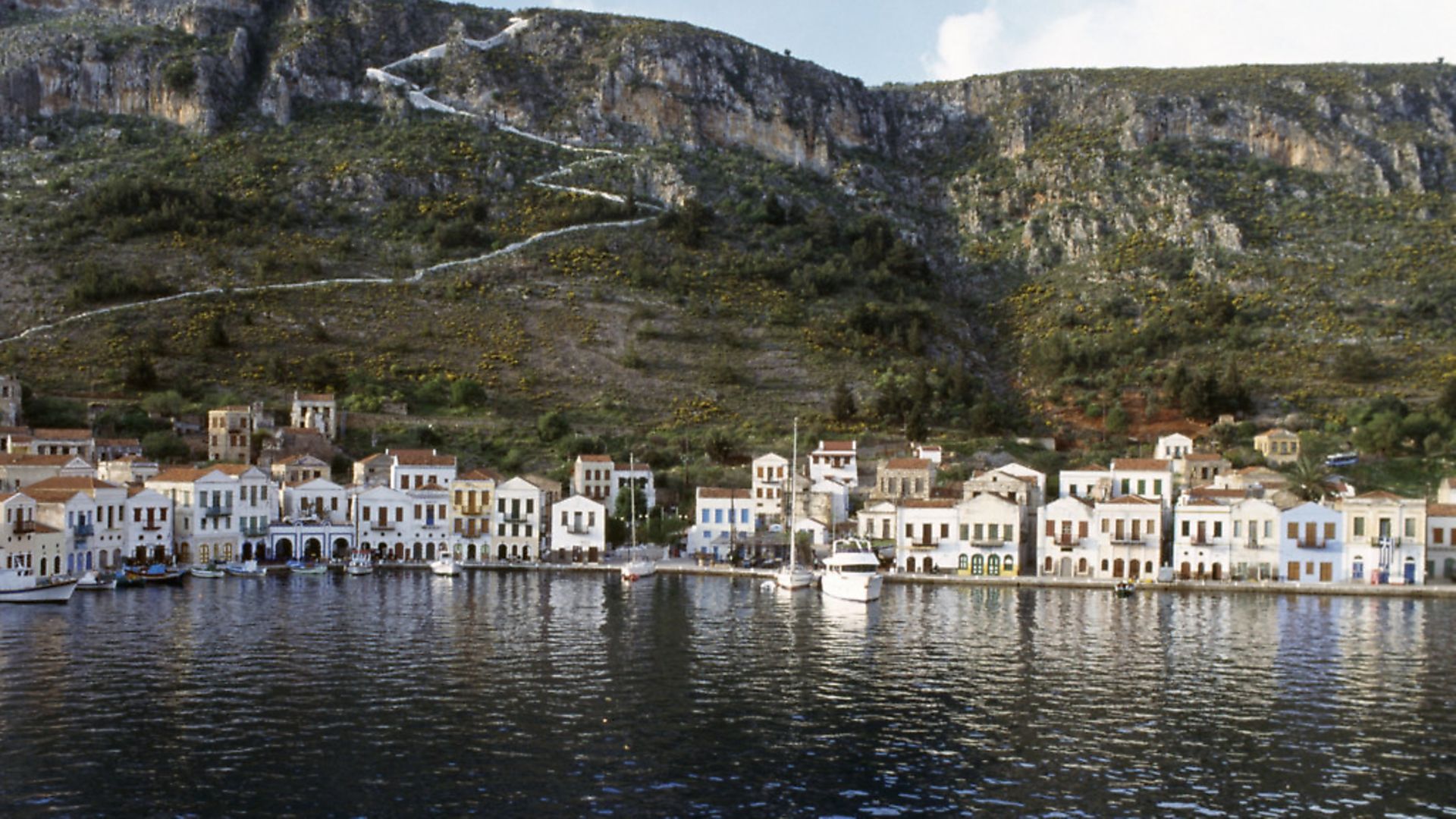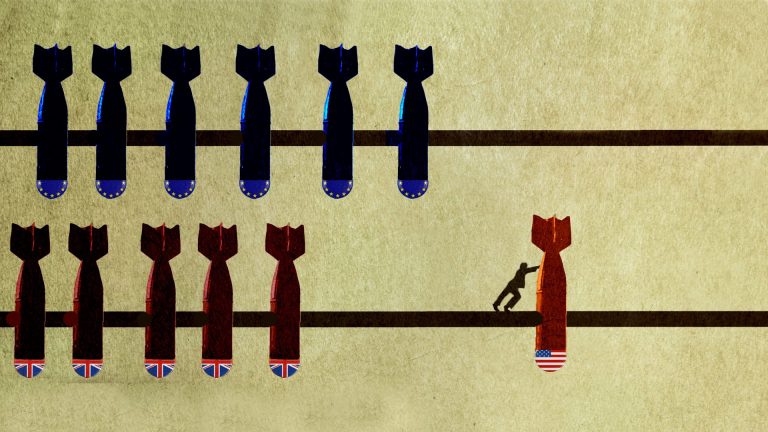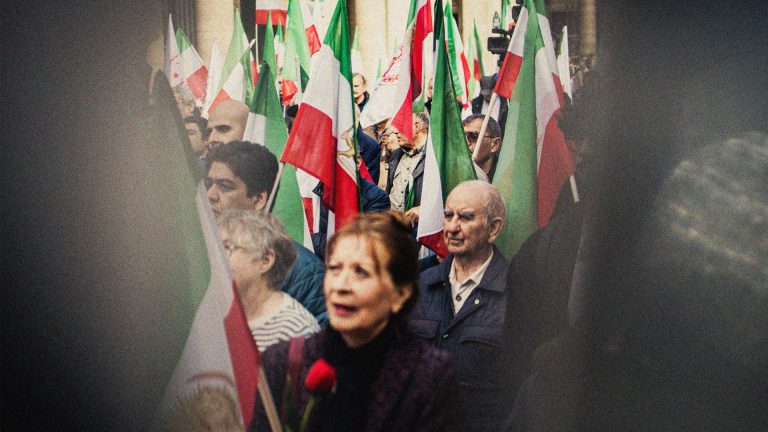
PETER TRUDGILL on the archipelago which helped develop the language now spoken in Greece.
Great Britain started decolonising its imperial possessions in a significant way in 1947, when British India became the two independent states of India and Pakistan. But there is a very interesting example of British decolonisation which comes from well before that time.
In 1864, the Ionian Islands were voluntarily transferred out of British control to the new Greek state, which had been founded in 1830. The islands which were transferred in this way were Kérkyra (Corfu in English), Paxí (sometimes Paxos in English), Lefkáda (Lefkas), Itháki (Ithaca), Kefaloniá (Cephalonia or Kefallinia), Zákynthos (Zante) and Kýthira (Cythera).
Kýthira lies off the south coast of the Peloponnese between the Greek mainland and Crete, but the other islands are all situated off the west coast of Greece in the Ionian Sea, between Greece and Italy. These seven islands are also sometimes known collectively as the Heptanese or Heptanesian Islands, from the Ancient Greek heptá, ‘seven’ and nesos, ‘island’.
Unlike the rest of Greece, the different Ionian Islands spent very little time – or none at all – as part of the Turkish Ottoman empire, and instead fell mostly under the control of the Venetian Republic until the end of the 18th century, when Venice was overrun by Napoleon, pictured, and the Ionian Islands became French possessions.
With the defeat of Bonaparte in 1815, the Treaty of Paris placed the islands under the protection of Great Britain. The period during which the Ionian Islands constituted a kind of British colony thus lasted for nearly 50 years – which was long enough for the game of cricket to establish something of a foothold on Corfu.
These islands, then, have had a rather different history from most other areas of Greece, with considerable Italian influence and a traditionally much greater cultural orientation towards western Europe. In the struggle for Greek independence from the Ottoman empire, the quasi-independence of the Ionian islands under Britain was very influential in showing that Greeks could in principle be free, and that Greeks were very capable of governing themselves.
The linguistic relevance of these islands has to do with the role they played in the development of the modern Greek language. In Greece, under the rule of the Turks starting in the 1400s, contemporary Greek rapidly lost its status and came to be confined almost entirely to its spoken form.
In all types of writing, either Turkish was used, or else an archaic, elitist and limited mediaeval type of Greek which had little connection to the everyday spoken language of ordinary people.
In the run-up to independence, however, activists started looking for ways to develop written Modern Greek so that the newly independent nation could have its own standard language like the nation states of western Europe. There were all sorts of crackpot ideas about this, such as the suggestion that people should go back to writing Ancient Greek (imagine if someone had suggested that English speakers should start writing in Anglo-Saxon!).
The only sensible proposal was that the language question should be solved by simply using a written version of everyday spoken Greek, as in western European countries. This is what eventually happened, although it took until the 1970s to get the issue sorted out properly. But the movement in favour of this proposal was greatly strengthened by the fact that poets in the Ionian islands of western Greece, which had remained out of Turkish control, had already been writing in their own modern dialect for a considerable time.
The first attempt at developing a vernacular-based Greek standard language came in 1814, proposed by the scholar Yannis Vilaras from Ioannina on the Greek mainland not far from Corfu, who wrote a Romaic [Greek] Grammar in which he suggested norms for spelling and grammar based on spoken dialects. This was the forerunner of what was later called Demotic Greek, which is the basis of today’s Modern Standard Greek.









